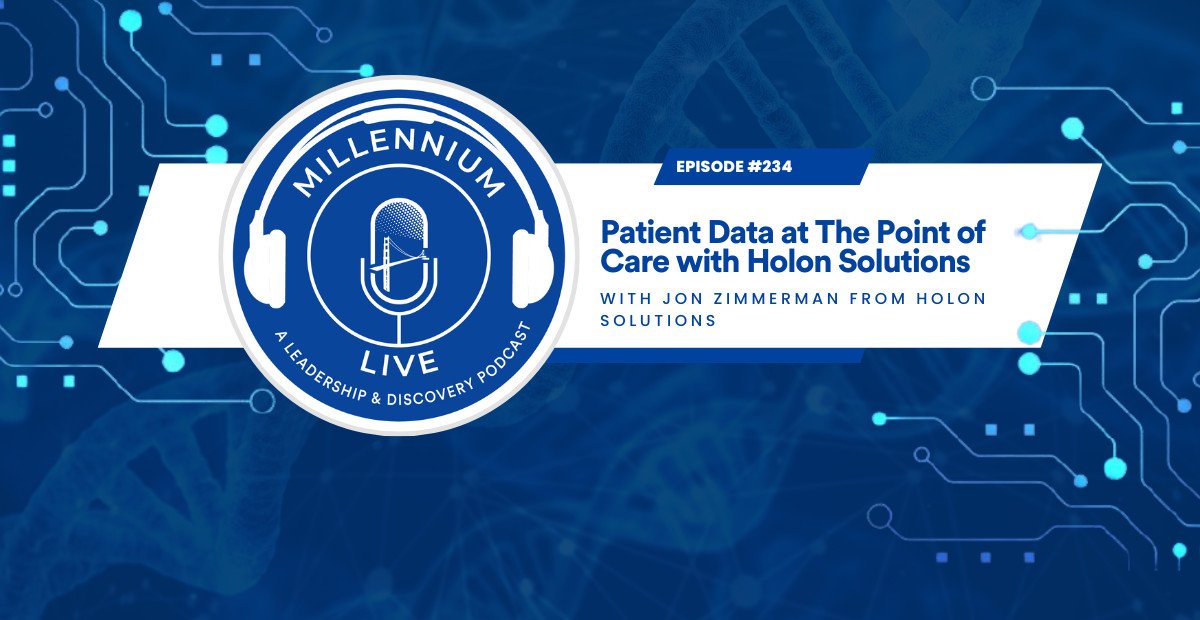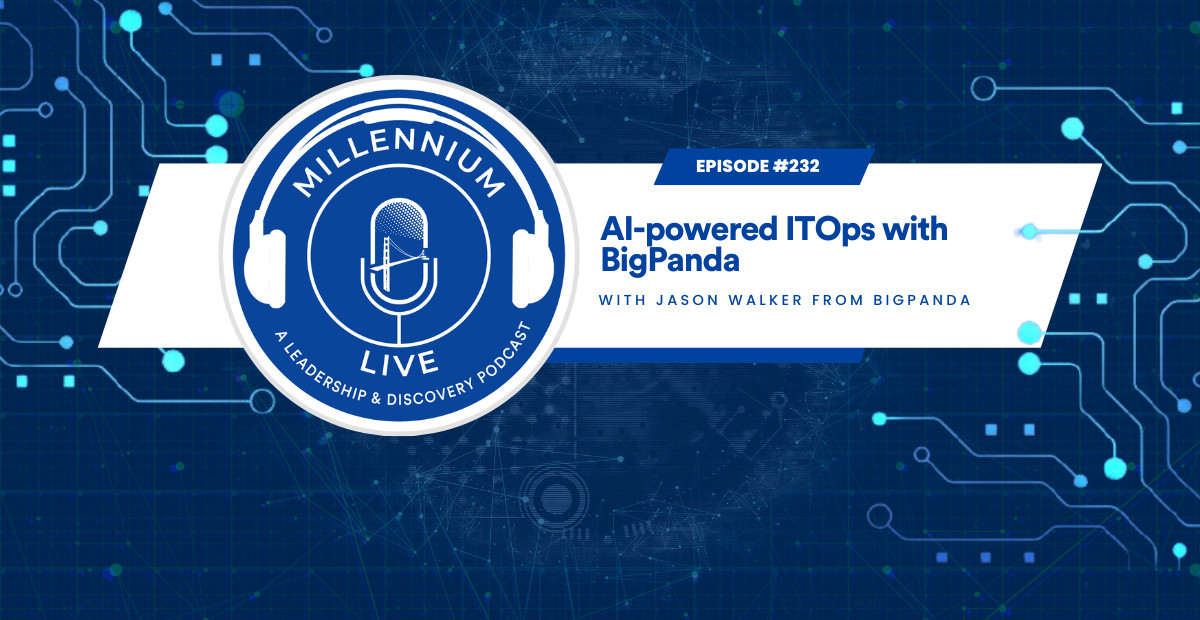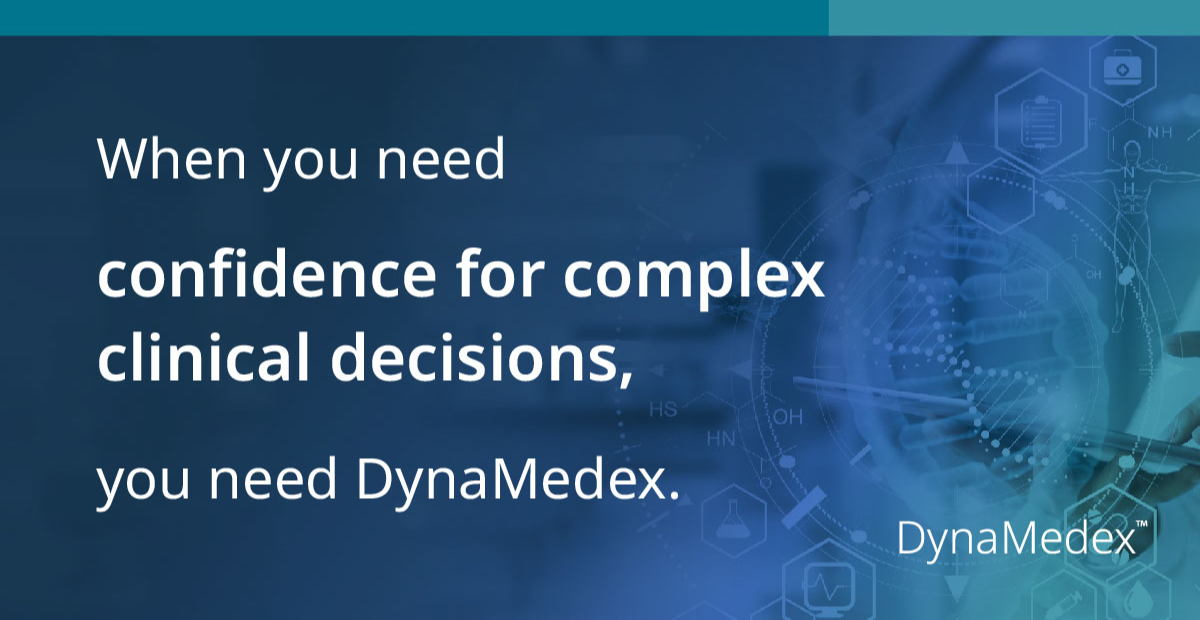In the high-stakes realm of the C-Suite, where decisions carry significant weight and expectations are soaring, the idea of failure can be daunting. However counterintuitive as it may seem, embracing failure is not just important; it’s a strategic importance for those at the highest levels of leadership. Here’s why the C-Suite should view failure as a crucial element on the path to enduring success.
Innovation in Motion: Driving Adaptability for Enduring Success
In the fast-paced landscape of business, innovation is the lifeblood of success. Embracing failure in the C-Suite encourages a culture where experimentation and risk-taking are not only tolerated but celebrated. This mindset fosters a flexible and adaptable organizational structure, enabling leaders to respond proactively to industry shifts and emerging trends. In today’s dynamic business environment, adaptability is crucial. Embracing failure promotes an adaptive culture, where organizations can quickly pivot, iterate, and respond to market changes more effectively.
Mastering Resilience: A Leadership Imperative
The ability to bounce back from setbacks is a mark of resilient leadership. Embracing failure in the C-Suite builds resilience, equipping leaders to navigate through challenges with composure and confidence. This resilience is not just a personal attribute but a trait that cascades throughout the organization, influencing the collective mindset towards adversity. Success is often born out of resilience, and failure is a key component in developing this trait. Organizations that navigate and overcome failures emerge stronger, more capable, and better equipped to face future challenges.
Strategic Lessons: Growing Through Setbacks and Challenges
In the C-Suite, failure provides invaluable lessons. It’s a catalyst for growth, enabling individuals and organizations to learn from mistakes, adapt strategies, and ultimately become more resilient in the face of challenges.
Inspiring an Innovation-Driven Culture
C-Suite leaders who openly acknowledge and learn from failures set the tone for a culture of innovation. When leaders demonstrate that failures are not endpoints but opportunities for growth, it encourages teams to think creatively, take calculated risks, and push the boundaries of what’s possible.
Humanizing Leadership: Building Trust and Empathy
Admitting failure humanizes leaders. In a C-Suite where the stakes are high, acknowledging missteps fosters trust and transparency. It creates an environment where team members feel comfortable admitting their own mistakes, fostering a culture of continuous improvement and collaboration.
Redefining Success in the C-Suite
In the C-Suite, success is not measured solely by wins and triumphs but by the ability to weather storms and emerge stronger. Embracing failure is not a sign of weakness; it’s a strategic choice to redefine success as a dynamic, evolving journey rather than a static destination.
So, let’s not view failure as an adversary but as a companion in the journey to sustained success. For in the C-Suite, where leadership sets the tone for the entire organization, embracing failure is not just a wise choice—it’s a powerful leadership philosophy that shapes the future of the business. After all, true leadership isn’t about avoiding falls; it’s about learning to rise each time, stronger and more resilient than before.
Understanding the Marketer’s Role in the Innovation Economy Starts Here
Digital Transformation is an ongoing journey for today’s C-Suite leaders, and our best advice is to not trek it alone. Our Transformational CMO Assembly is set to be a groundbreaking opportunity for Global Chief Marketing Officers to meet face-to-face and connect on the current trends & challenges the industry is facing.
Step into the future of digital transformation at our upcoming Transformational CMO Assembly, taking place on February 7-8, 2024 at The Omni Barton Creek in Austin. This exclusive event brings together an exceptional lineup of industry superstars, including top executives from renowned organizations like Cisco, Lockheed Martin, Rite Aid, Xerox and more!
Embark on an exploration of cutting-edge marketing as our distinguished members navigate the intricate web of trends and strategies.
But it’s not just about knowledge-sharing; it’s also an incredible opportunity to connect and collaborate with marketing leaders. Expand your professional network and glean invaluable insights from experts in the field, all within the luxurious ambiance of The Omni Barton Creek. Don’t miss out on this unique chance to network, learn, and shape the future of digital enterprise.
Ready to join us? Click the link below to request your exclusive invitation: https://mill-all.com/cmo26









